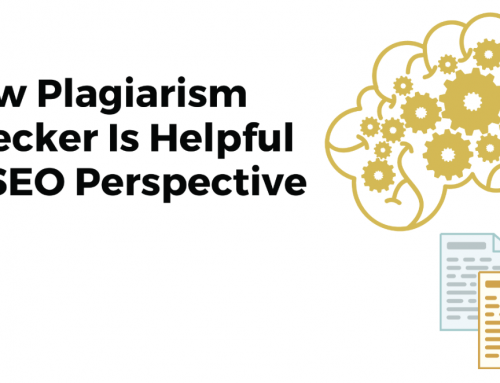If your internet marketing strategy is international in scope, then you can expect it to continue getting more complicated. This is to say, the internet is being regulated on an international scale, in ways that it never was before. And this could have serious implications for anyone who wants to reach consumers and readers in multiple different countries.
There have been a number of news stories to illustrate the problem. One of the latest appeared at ZDNet earlier this month. It detailed the battle over content that is deemed unlawful or defamatory in one country, but may be permissible in another.
Once upon a time, you could design your internet marketing strategy on the assumption that legal concerns would only be an impediment in one area. But pending future revisions to the law, this is no longer the case.
The ZDNet article explains that an Austrian politician recently sought to have content removed from Facebook because she considered it damaging to her reputation. This led all the way to the European Court of Justice, where it was decided that successful takedown requests would be expected to apply worldwide, not just in the plaintiff’s or the defendant’s country of residence.
Obviously, this means that Facebook users and websites will have to be more careful about their content than ever before. Fortunately, it’s rare that an internet marketing strategy will be considered unlawful or damaging to someone’s reputation. But if that marketing has a political component, then it’s easy to imagine legal consequences arising between advocates and adversaries.
Those legal challenges would certainly be annoying and potentially costly. But in the old internet landscape, it might not have mattered so much. As long as your internet marketing strategy didn’t anger anybody whose legal resources didn’t extend as fair as your main target audience, there wasn’t very much to worry about.
Now, there’s potentially no limit to legal challenges. In theory, if you upset somebody in Budapest, Hungary, the relevant content could be taken down in Charlotte, North Carolina. And unless companies like Facebook can reverse the tide of this sort of regulation, this might just be the beginning.
A worldwide ban on libelous content might be justifiable, even admirable. But if the EU judgement sets a precedent for other areas of the world, internet marketers are going to have to cope with the fact that “unlawful” has very different definitions in different regions of the world. In fact, we’ve already started to see the problems that this can cause, with companies like Blizzard electing to penalize users of their platforms because of demands from the government of China.
So what’s to be done about this? Well, if you’re just an ordinary website owner, there isn’t a lot you can do but watch the news and hope that global restrictions don’t become too broad in their scope. Along the way, though, you or your web service provider will have to monitor your internet marketing strategy to make sure that legal compliance is tight in every jurisdiction where you do business. If you don’t, the consequences could be unprecedented.









Leave A Comment